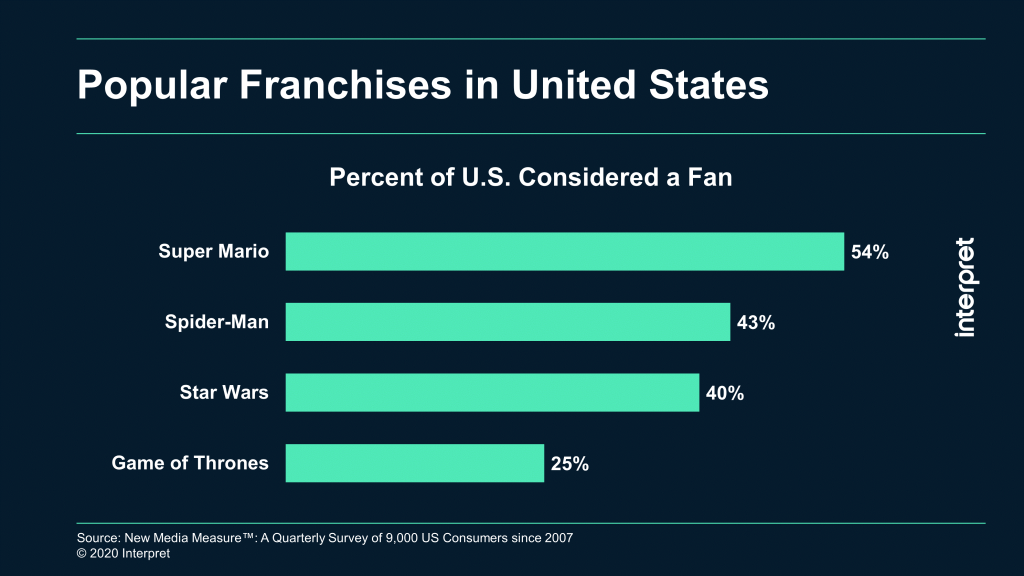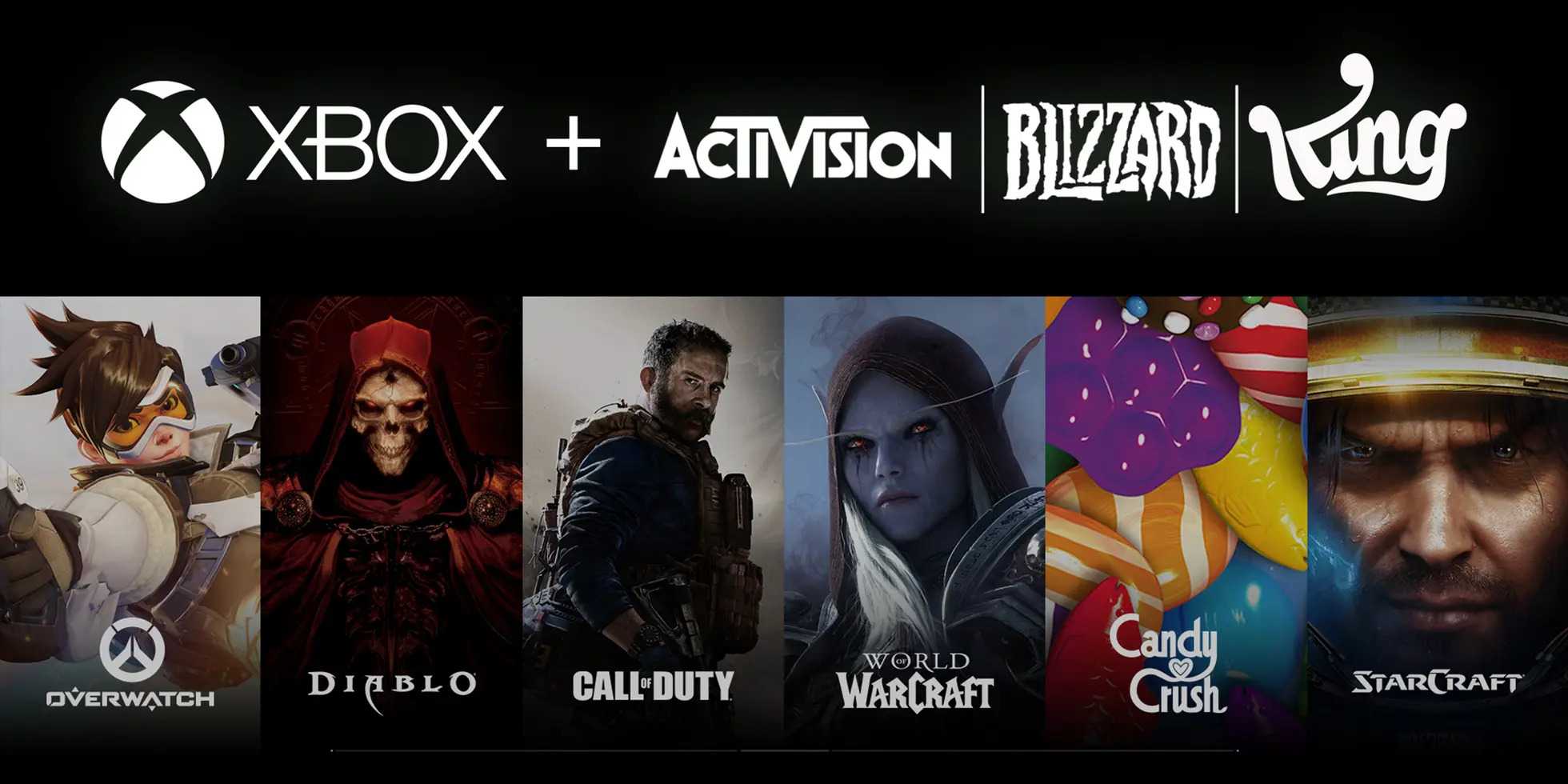Nintendo has always marched to the beat of its own drum. As a company that manufactures its own dedicated gaming hardware, it’s not surprising that the Japanese firm has historically been resistant to releasing its cherished IP on smartphones. The fact remains, however, that on a global scale, the Nintendo Switch’s successful run of more than 55 million sold (so far) is a drop in the bucket compared to the billions of smartphones capable of playing mobile games around the world.
Despite releasing several games – Super Mario Run, Mario Kart Tour, Fire Emblem Heroes, Animal Crossing: Pocket Camp, and more – Nintendo’s mobile games business hasn’t fulfilled management’s expectations, yielding only $481 million in the fiscal year ended on March 31, 2020. This performance has underwhelmed investors who are hoping that Nintendo can better tap the $77 billion mobile games market.
President Shuntaro Furukawa said in May, “We are not necessarily looking to continue releasing many new applications for the mobile market.” And yet, in July, the company reversed course, noting: “We will continue to expand the number of people who have access to Nintendo IP in areas other than the dedicated video game platform business. The mobile business is one of these target areas.”
While Nintendo hasn’t had a screaming success in the mobile market yet, there is still great opportunity because its portfolio of brands is so strong. With multiple Lego partnerships and Universal theme parks, Mario and company are truly ubiquitous. In fact, according to Interpret’s New Media Measure®, 54% of the U.S. population considers itself a fan of Super Mario Games, which puts Mario ahead of fanship for mega franchises like Spider-Man (43%), Star Wars (40%), and Game of Thrones (25%).







